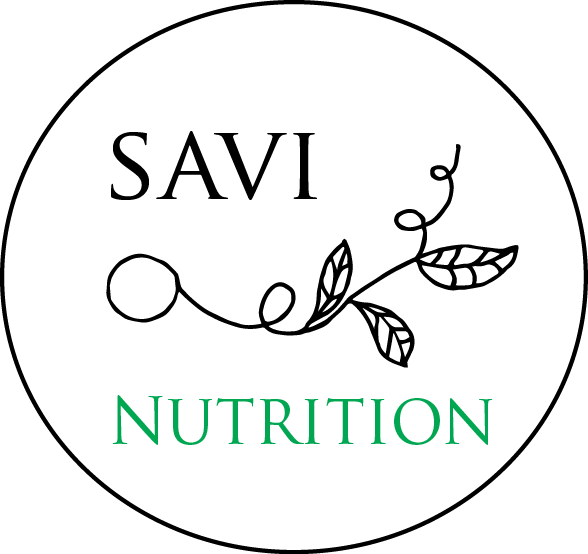
Eat Fat – your brain will thank you for it
It’s January. It’s cold. It’s that time of year when people are feeling like maybe they overindulged a little in the festive period and it’s time to cut down. Maybe you’re trying to lose weight, or you’re trying to lower your cholesterol. Maybe you’re trying out ‘Veganuary’, or you may be vegan already. If you have introduced any kind of restriction into your diet then here’s my message to you – EAT FAT.
Dietary fat is essential for both our physical and mental health. When I say fat is essential that is exactly what I mean. In nutrition terms, essential fatty acids are fats which we as humans need to maintain good health; but that we are not able to synthesise in sufficient quantities ourselves. In other words we need these fats and we need to get them from food.
Fats are important in helping us maintain good hair and skin, controlling appetite and building hormones. Fat is used in the cell membranes of cells throughout our bodies. So, pretty important for physical health, but how much thought have you given to the role of fat in your mental health? Ever hear the old saying that eating fish makes you brainy? Well, there may be some substance to that. A type of fat known as omega 3 plays an important role in our cognitive health (I’m talking things like memory here).

Oily fish are the best dietary source of omega 3 fats for brain health.
Oily fish include salmon, mackerel, sardines, pilchards and fresh (but not tinned) tuna. We can get omega 3 from plant sources – nuts, seeds, olive oil, avocado – but our bodies are pretty poor at breaking down that fat into the form our brain needs (something called EPA and DHA). Seaweed provides a more readily available (or bioavailable) source but seaweed is not known as a high fat food. So, if you are vegetarian, vegan or just not a fan of fish you may want to take a seaweed based supplement.
Including plenty of healthy oils in our diet may help with our memory and cognition, but it could also help with our mood. There are a number of studies looking at the role of dietary fats in supporting mood and even helping with mood disorders including anxiety and depression.
These fats work on our mood in a number of different ways – but today I’m going to leave you with just one mechanism: gut bacteria.
Research on gut bacteria has exploded in the last decade. It’s a fascinating subject and the make up of our bacteria is being linked to all kinds of health conditions. One topic of interest is how the make up of bacteria in our gut influences our mental health and affects our risk of depression. We all have a unique composition of gut bacteria, affected by many things including our age, our environment, antibiotic use and diet. Some people’s gut bacteria are in a pattern that appears to be linked to a greater risk of mood disorders and higher levels of inflammation in the body. Omega 3 fats are known to be good for reducing inflammation; but what the research is also showing is that diets with a higher intake of omega 3 fats appear to influence the balance of our gut bacteria in a positive way. Omega 3 rich diets reduce the types of bacteria seen in higher numbers in mood disorders, and in inflammatory conditions, and increase the types known to benefit us. Fish oils appear to have a different effect to plant oils so for omnivores a mix of both in the diet is most beneficial.
Your Takeaway Message?
Incorporate plenty of nuts, seeds and cold pressed oils into your diet and try to eat two portions of oily fish per week or consider supplementation for both your mental and physical health.
